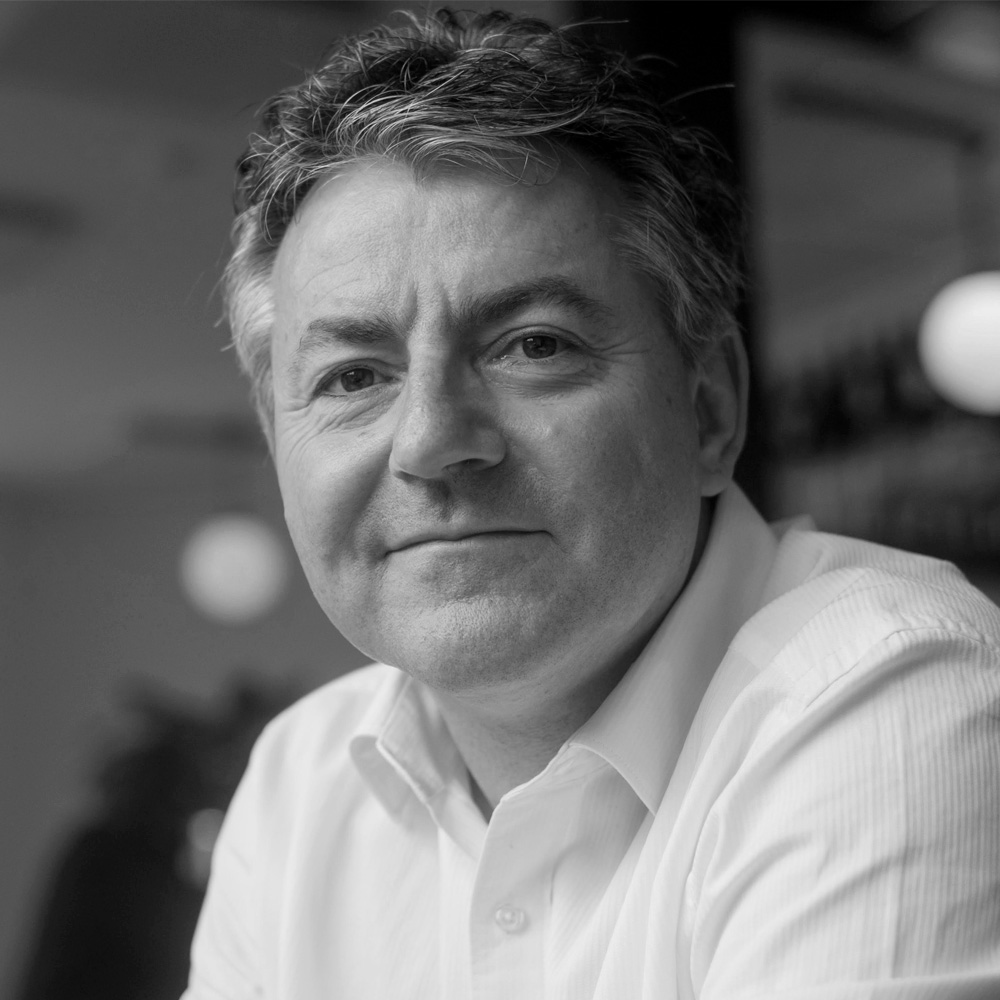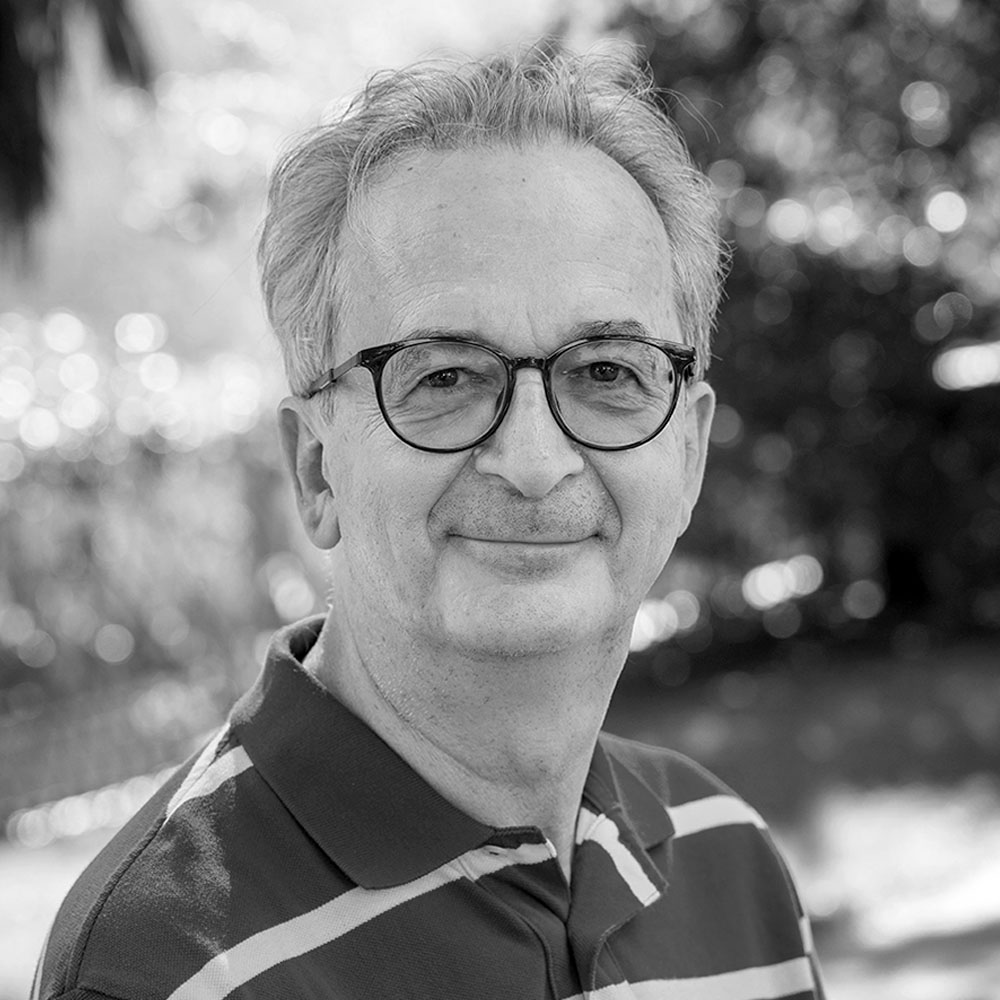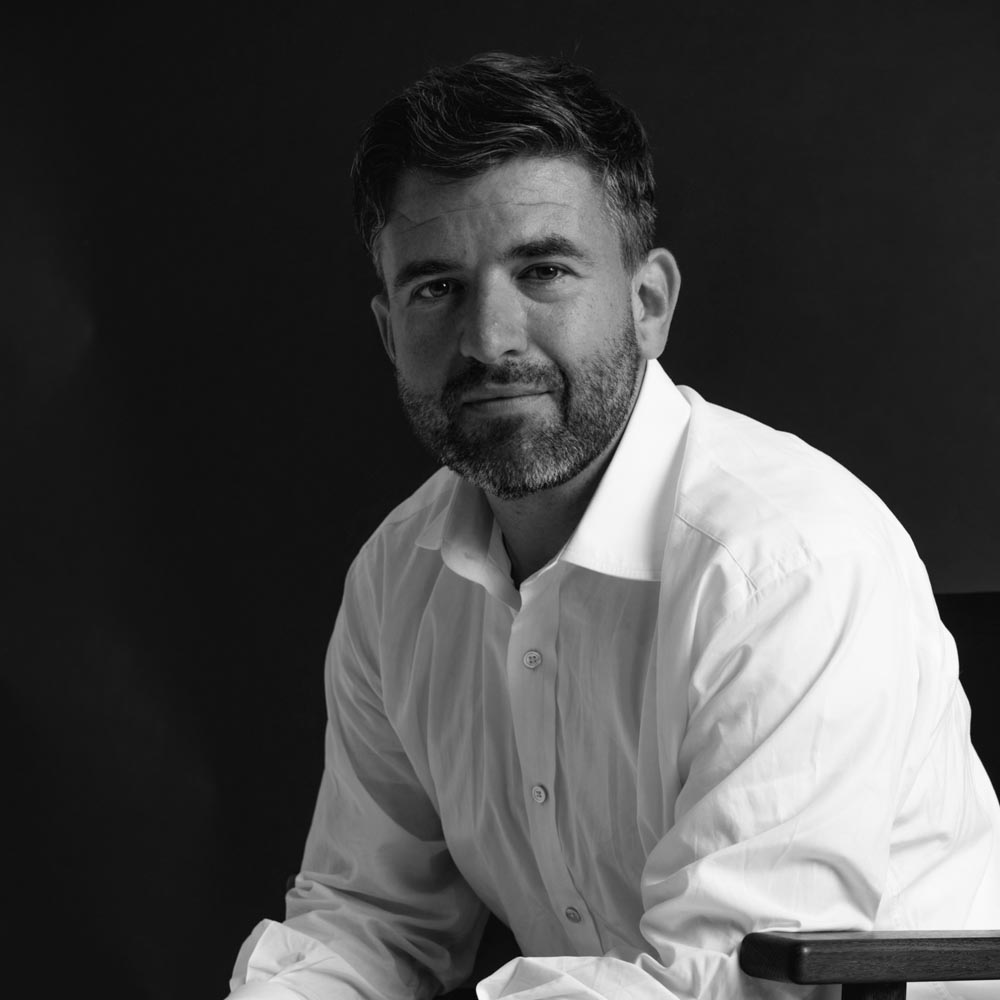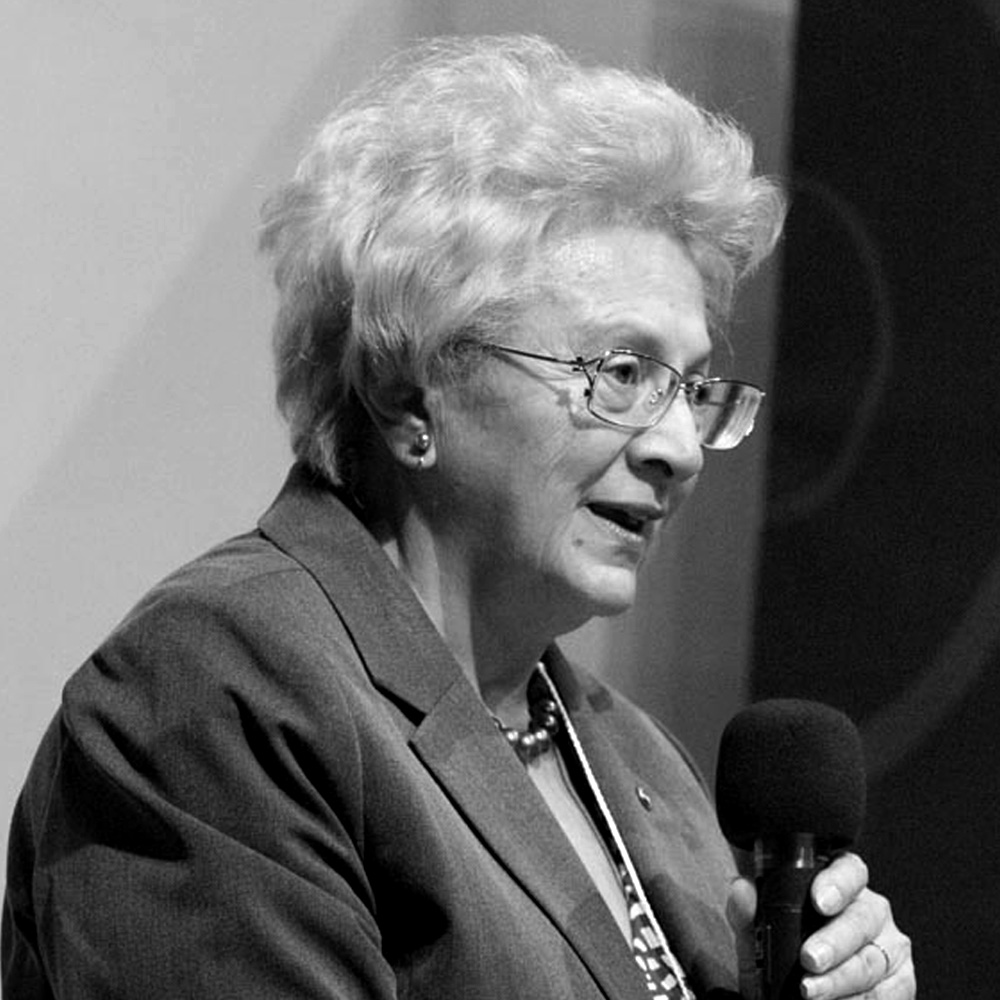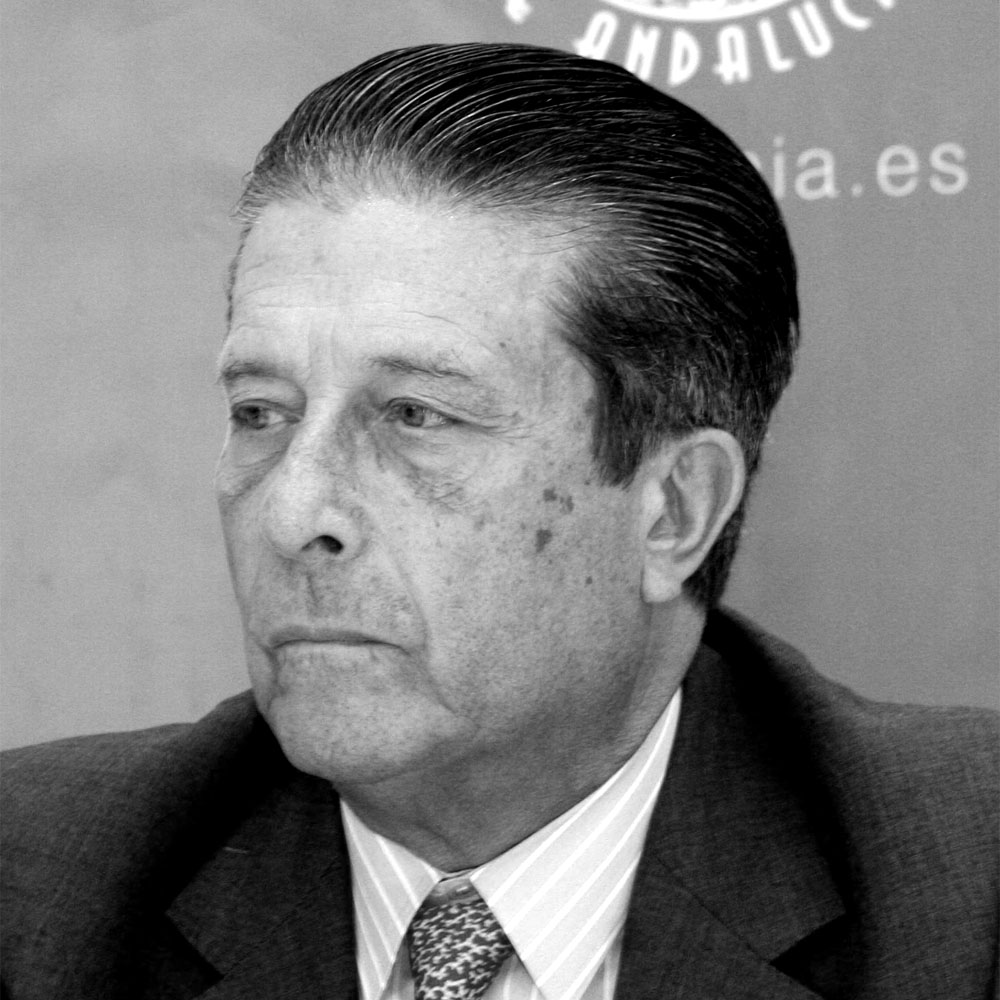Speakers will provide a variety of perspectives from different academic and professional backgrounds. This page provides information about presenters. For details of presentations and other programming, please visit the Programme page.
-
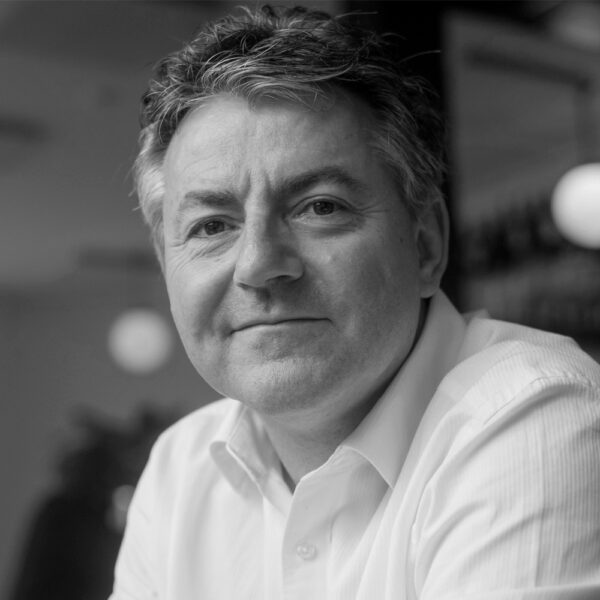 Patrick ClastresLausanne University (UNIL), Switzerland
Patrick ClastresLausanne University (UNIL), Switzerland -
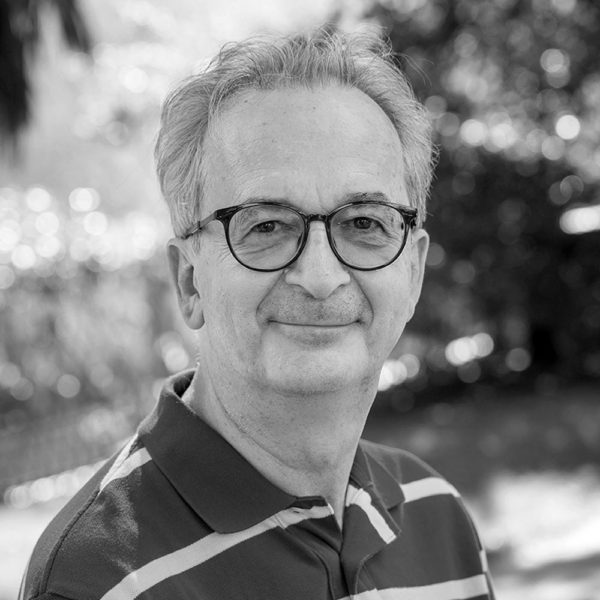 Georges DepeyrotFrench National Center for Scientific Research (CNRS), France
Georges DepeyrotFrench National Center for Scientific Research (CNRS), France -
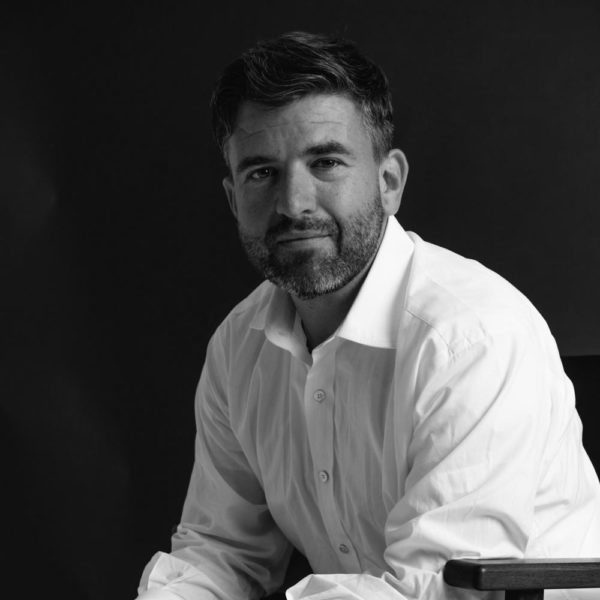 Joseph HaldaneThe International Academic Forum (IAFOR), Japan
Joseph HaldaneThe International Academic Forum (IAFOR), Japan -
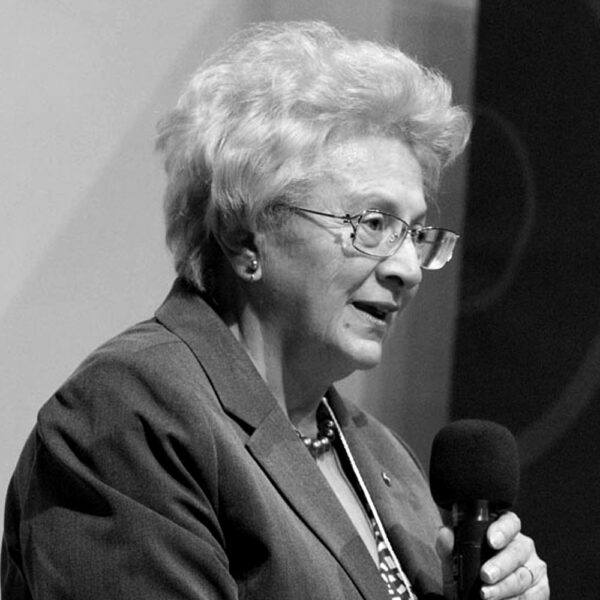 Ljiljana MarkovicEuropean Center for Peace and Development (ECPD), United Nations University for Peace
Ljiljana MarkovicEuropean Center for Peace and Development (ECPD), United Nations University for Peace -
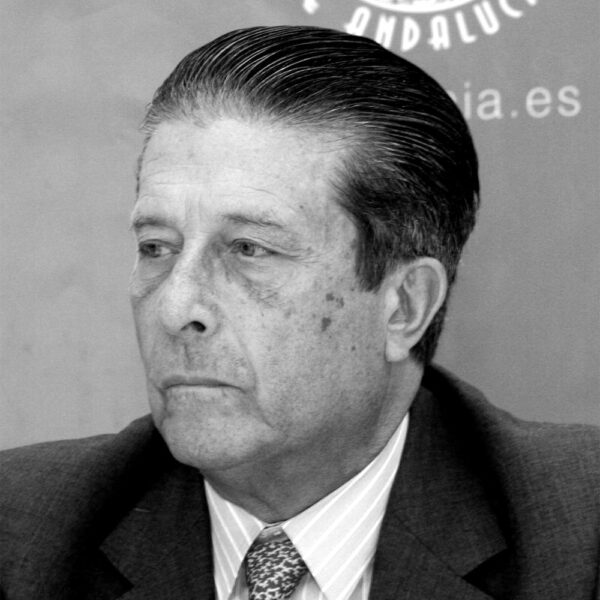 Federico Mayor ZaragozaEuropean Center for Peace and Development (ECPD), United Nations University for Peace
Federico Mayor ZaragozaEuropean Center for Peace and Development (ECPD), United Nations University for Peace
Become a Speaker
Excellent plenary speakers are central to our conferences, ensuring that timely, innovative and engaging content is presented to our audiences around the world. If you would like to be considered for a speaking slot at one of our conferences, please apply below.
Previous Speakers
View details of speakers at past PCE conferences via the links below.

